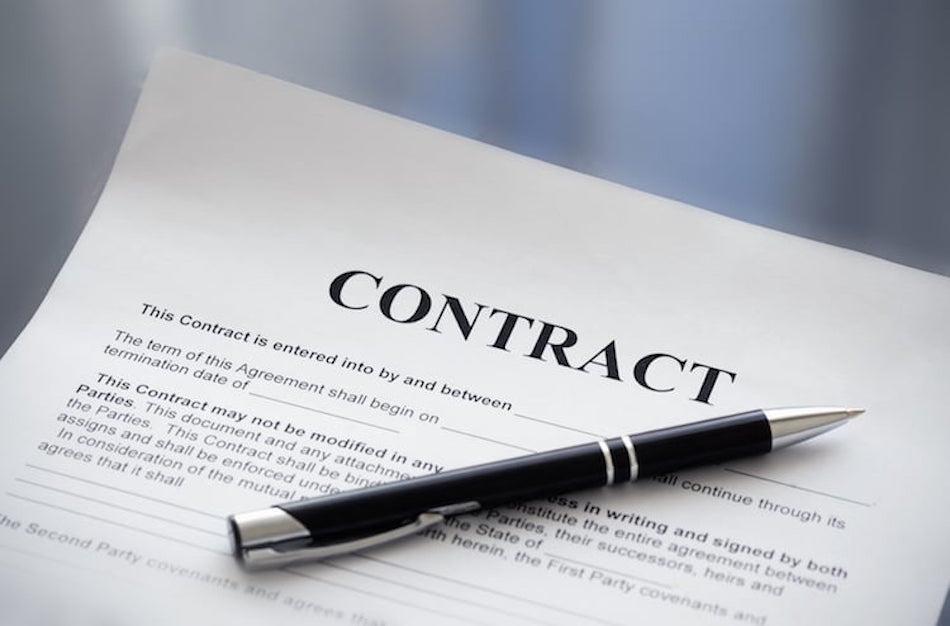Employers can ask prospective employees for their credit history to determine their eligibility for a job. This process is known as a pre-employment credit check. It generates a soft inquiry on a prospective employee’s credit report, similar to the soft inquiry that appears when checking your credit score. It is different from a hard inquiry associated with a new loan or credit application. The employer’s credit check will not adversely affect an employee’s credit score.
Employment Credit Checks
An employee’s background check must include credit check services for employers as a standard procedure in the hiring process. According to the Society for Human Resources Management, almost half of employers conduct credit checks on potential employees. However, this figure is based on a survey of fewer than 400 employers. Therefore, it needs to accurately reflect the number of people who will undergo such a check.
The FCRA, Title VII, and other regulations govern how and when employers can check on a person’s credit information. As such, employers must follow specific requirements and obtain written consent from job applicants before conducting an employment credit check. They must also provide written notice of any adverse action or decision made based on the information contained in a credit report.
Exemptions from Employment Credit Checks
The Stop Credit Discrimination in Employment Act bans employers from requesting and inquiring about a job applicant’s credit history. However, the Act still contains several exemptions, including jobs involving public safety and having significant financial or computer security responsibilities. These narrow exemptions allow some employers to conduct a credit check before hiring a person.
The state-specific exemptions, however, have less legal justification than broad exemptions. In addition, they often leave many workers without protection, are prone to abuse, and give employers unbridled latitude to evade the law. As a result, these laws could be more effective.
Impact of a Credit Check on Hiring Decisions
Employers routinely check applicants’ credit histories when making hiring decisions. However, this practice is controversial and raises equity concerns. It can negatively affect the employment prospects of people of lower income and those with poor credit histories. In addition, this practice can cause job applicants to be denied equal opportunity and access to financial well-being.
While credit checks are standard in the workplace but only necessary for some jobs, for example, employers can use a credit check on a job applicant with a criminal record if the position requires handling sensitive data or financial management. However, before issuing a credit check, employers must obtain the employee’s permission.
Significance of a Credit Check to an Employer
Some employers use credit checks to decide whether to hire a job applicant. They look for signs of financial distress, including late payments and maxed-out credit lines. These can signal fraud, theft, and financial instability. While employers don’t receive your credit score, they view a modified copy of your credit report. Because of this, you must know your rights if a credit check is performed on you.
While there are several good reasons to run a credit check on an applicant, there are many times when it is unnecessary. First, it costs employers time and money to run a credit check on every job applicant. Therefore, many employers outsource the process to a third-party company. Secondly, employers typically run credit checks for specific positions, such as those in finance or requiring money handling.
Reliability of a Credit Check Report
Employers can use credit check reports to assess the financial responsibility of prospective employees. These reports are beneficial for applicants with check-writing privileges. However, they could be more foolproof. Even minor errors can have a significant impact. Therefore, employers must use caution when evaluating employment-related information.
First, employers must obtain written consent before issuing a prospective employee credit check. To ensure fairness to all applicants, employers must also ensure that the credit information is from a legitimate source and has a history of reliability. Moreover, they must ensure that the HR personnel are knowledgeable and adequately trained to interpret the results of these reports. Finally, they should allow the candidate to contest any inaccurate information that appears in the report.
Dispute Negative Items on a Credit Report
The first step to dispute negative items on your credit report is to write a dispute letter to the credit bureau. In the letter, identify the item you wish to dispute, state the facts, explain your reasons for a dispute, and ask them to remove it from your report. You should include a copy of your credit report and any supporting documents you have. Send the letter via certified mail with the return receipt requested, and keep a copy for your records.
If the credit bureau doesn’t remove the item, you can contact them directly to make a formal dispute. In most cases, a credit bureau must correct any inaccurate information on your credit report within 30 days. You can also consult a credit repair company for help with this process. Credit repair companies can help you dispute negative items on your report, analyze your credit history, and set up a strategy for repairing your credit.




